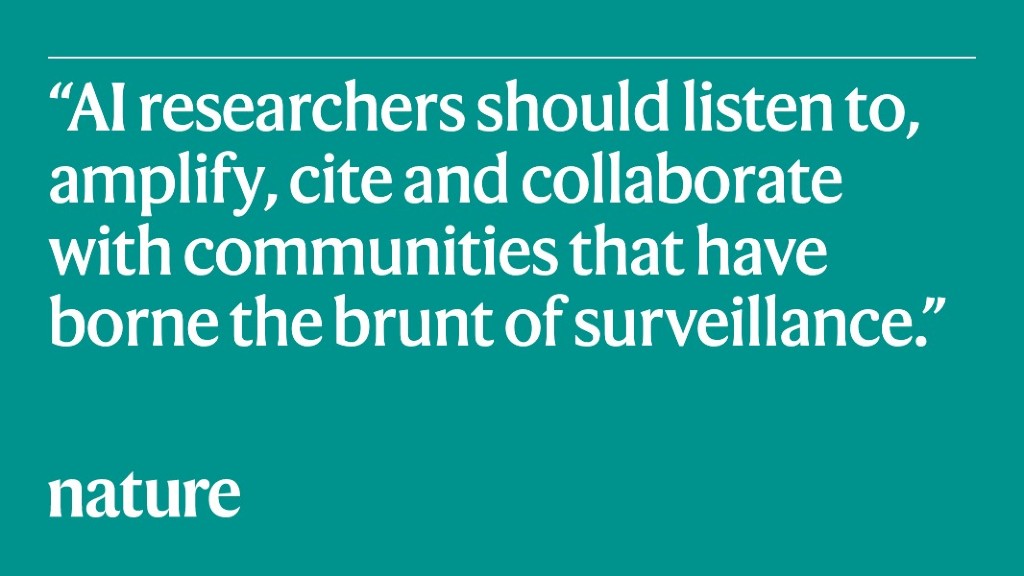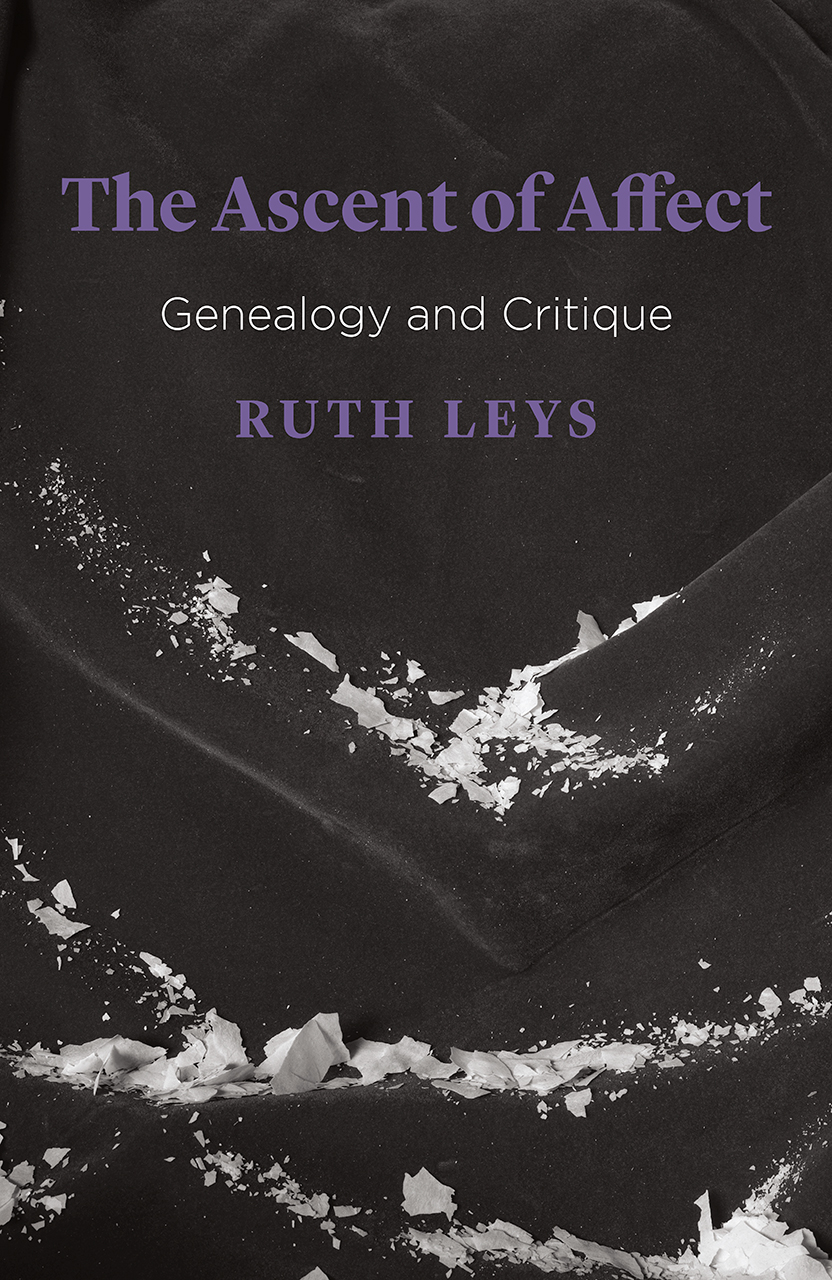Featured speaker: Luke Stark
It is common to be concerned about the amount of data digital technology firms collect about us, and use for their own purposes. AI-powered technologies such as facial and emotion recognition can infringe upon our privacy and unwittingly manipulate our emotions. Yet many of us welcome digital surveillance in the form of cameras in our homes, an added layer of security for our phones, and more. AI is fuelled by this data, but the technology itself is not autonomous — it is infused with the values of those who design and control it.
This salon will explore how facial recognition and other AI-driven surveillance technologies are only the most recent form of classifying and categorizing individuals, and how their use has been adopted both by governments and private corporations — and is increasingly sold back to us as a consumer good. Where are these technologies being used, and how will they affect our lives in the future? What questions should we be asking about their growing prevalence? And how can we as citizens and consumers shape the values embedded in AI and its applications?
Luke is an Assistant Professor in the Faculty of Information and Media Studies at the University of Western Ontario. His work interrogates the historical, social, and ethical impacts of computing and artificial intelligence technologies, particularly those mediating social and emotional expression. His scholarship highlights the asymmetries of power, access and justice that are emerging as these systems are deployed in the world, and the social and political challenges that technologists, policymakers, and the wider public face as a result.
Luke has previously been a Postdoctoral Researcher in the Fairness, Accountability, Transparency and Ethics (FATE) Group at Microsoft Research in Montreal, QC; a Postdoctoral Fellow in the Department of Sociology at Dartmouth College, a Fellow and Affiliate of the Berkman Klein Center for Internet & Society at Harvard University, and an inaugural Fellow with the University of California Berkeley’s Center for Technology, Society, and Policy. He completed his PhD in the Department of Media, Culture, and Communication at New York University in 2016 under the supervision of Helen Nissenbaum, and holds an Honours BA and MA in History from the University of Toronto.
Related readings and resources









This salon took place April 30, 2020.







